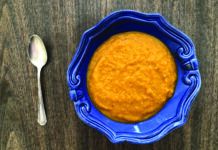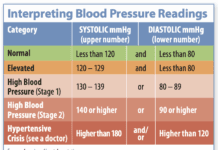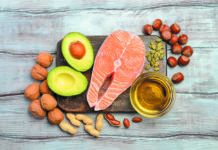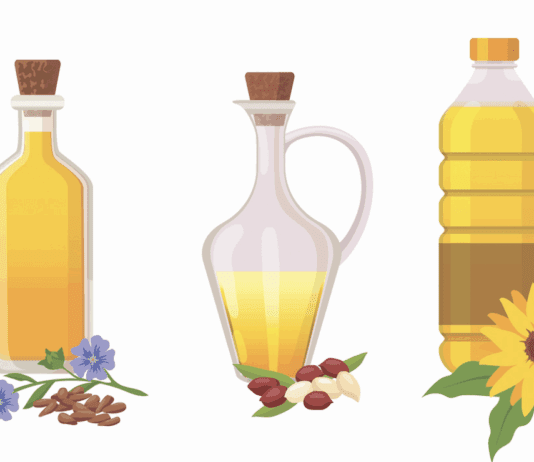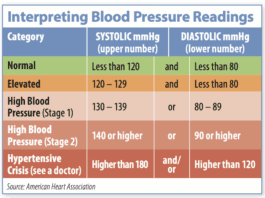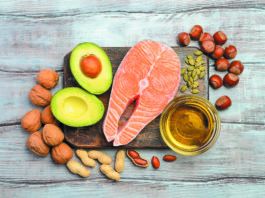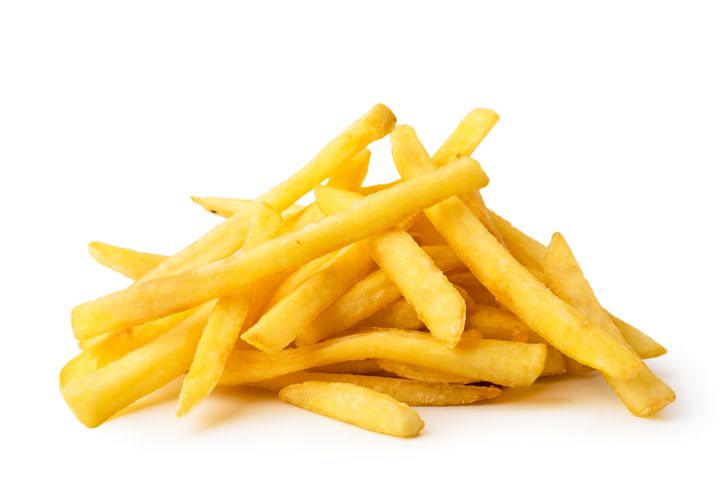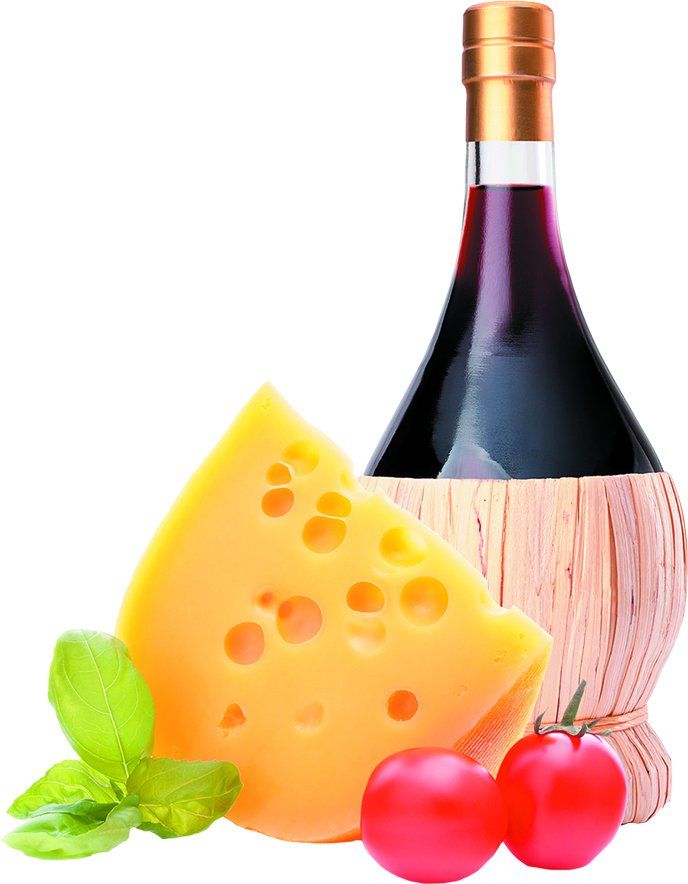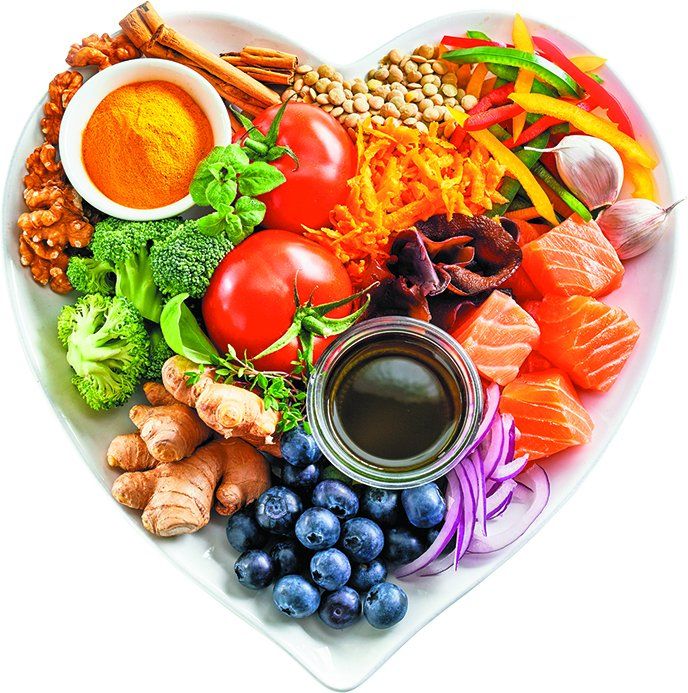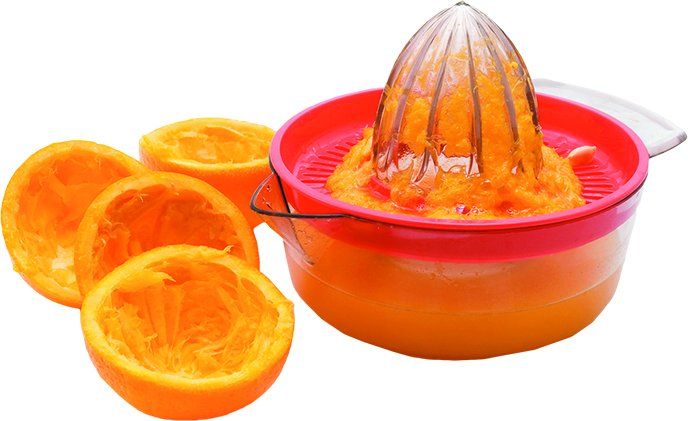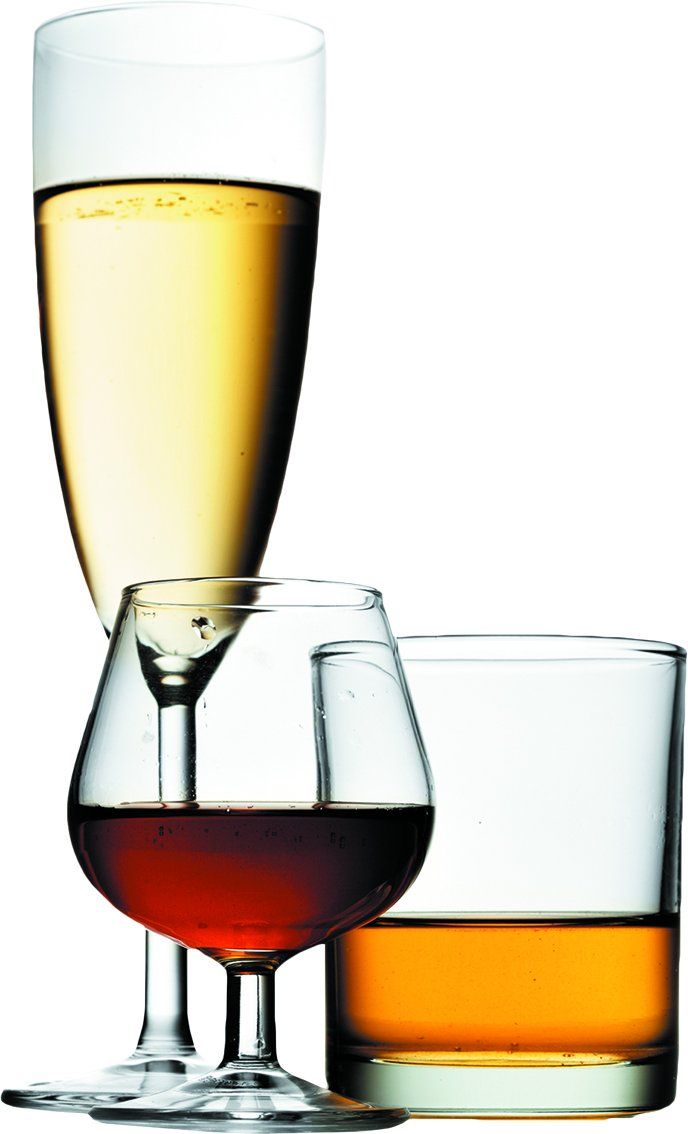Is The Phytoestrogen in Soy Milk Linked to Breast Cancer?
Q. I've been drinking soy milk daily for years. Since it contains phytoestrogens, I wonder if it puts me at higher risk of developing breast cancer?
Compliance Date for Nutrition Facts Label Revisions Delayed
The FDA has announced that it is extending the date by which manufacturers must implement changes to the Nutrition Facts label. The original deadline was July 2018 (or July 2019 for small companies).
Fried Potatoes: A Strike Against Longevity?
Eating fried potatoes (such as French fries, potato chips and hash browns) two or more times a week was associated with twice the risk of dying prematurely, compared to eating fried spuds no more than once a month, showed a new observational study in the American Journal of Clinical Nutrition.
Coffee and Herbal Tea: Good for Your Liver?
A new observational study in the Journal of Hepatology suggests regularly drinking coffee or herbal tea may help protect against liver fibrosis (hardening due to scar tissue). That's assessed by measuring liver stiffness with a scan.
Fido May Help You Get Fit
A dog may provide the nudge you need to be more physically active as you get older, suggests a new study in BioMed Central Public Health.
Celebrating 35 Years of Tufts Health & Nutrition Letter
Newer subscribers to Tufts Health & Nutrition Letter may not know that this award-winning newsletter got its start with Stanley N. Gershoff, PhD, (1924-2017) at the helm. He developed the newsletter (originally called Tufts University Diet & Nutrition Letter) in 1983 and edited it until 2000. There's much more we have to thank him for in the field of nutrition though.
What Foods Can Cause Headaches?
People get headaches for many different reasons. Sometimes they may be triggered by what we eat or drink. Going too long without eating also may trigger headaches.
Nutrition Then and Now
Advice about how to eat for good health sometimes changes. To you, it may seem like scientists can't make up their minds. What's really happening is that scientists are continually learning new things about nutrition and health through research studies. Experts modify dietary guidance based on the totality of scientific evidence on a given topic.
7 Ways to Help Fight Food Waste
What foods have you thrown out recently? Maybe some slimy salad greens, moldy bread or a bit of leftover spaghetti? If you can't think of any food you've tossed lately, you're doing better than most of us. Each year, the average family of four throws out over 1,000 pounds of food at a cost of $1,500.
Moderate Alcohol Intake May Help Preserve “Good” Cholesterol
For years we've heard that drinking wine and other alcoholic beverages in moderation may be good for our heart. The majority of alcohol's cardiovascular benefits have been attributed to its association with higher levels of HDL (good) cholesterol, which helps protect artery health. But how does alcohol affect your HDL over the long term, and does it matter what kind of alcoholic beverage it is?


